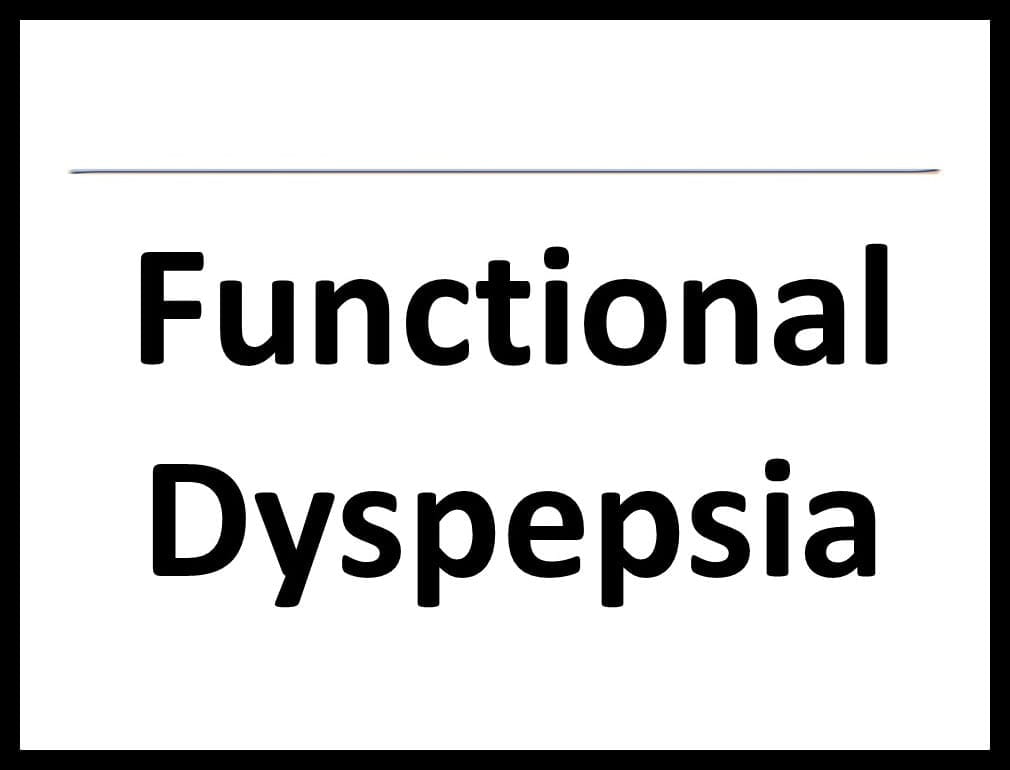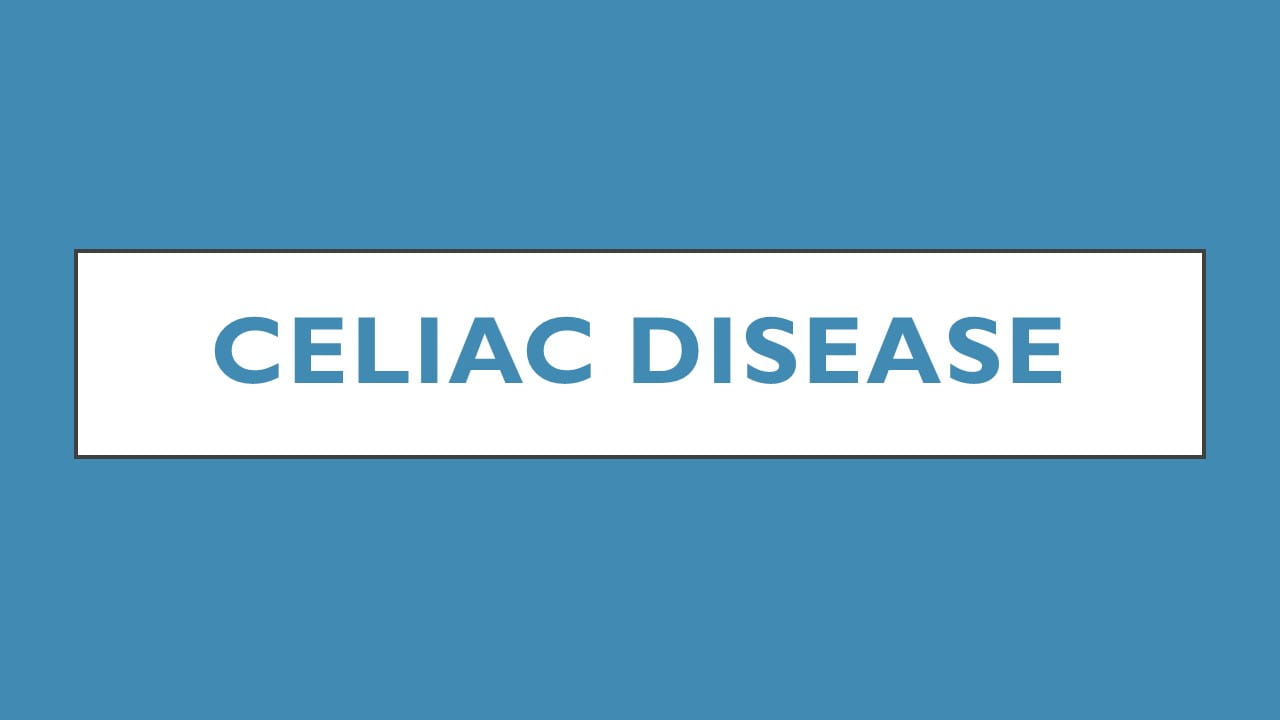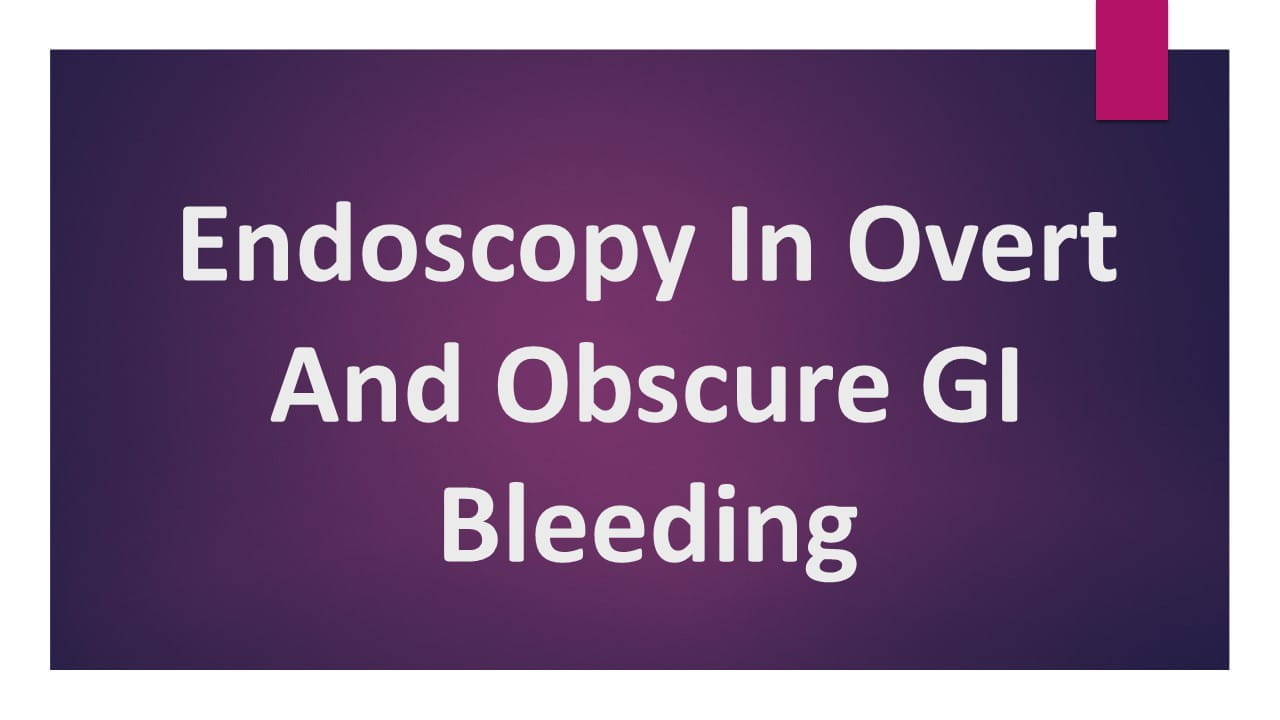Introduction:
Eosinophilic esophagitis (EoE) is a chronic, immune-mediated condition that is characterized by inflammation and eosinophil infiltration in the oesophagus which often leads to dysphagia and food impaction. This study presents a systemic review and network meta-analysis which aims to evaluate the efficacy and safety of monoclonal antibodies in treating EoE and comparing multiple therapeutic options to guide clinical decision-making.
Methods:
- Data sets from different journals that included PubMed, Cochrane Central, and ScienceDirect were comprehensively searched for the studies that compared different monoclonal antibodies.
- A frequentist network meta-analysis was performed using R version 4.2.1 and the netmeta package.
- Risk Ratios (RR) with 95% Confidence Intervals, analyzed using a random effects model
- The quality of the studies was evaluated using the Cochrane RoB 2 tool and the publication bias was assessed through funnel plots. The treatment ranking was calculated using the p-scores.
Results:
- Across 10 randomized controlled trials:
- Histologic response (eosinophils ≤6/hpf) was significantly improved with:
- Benralizumab: RR = 13.36 (95% CI: 6.50–27.44)
- Cendakimab 180 mg: RR = 18.62 (95% CI: 1.12–309.56), ranked highest (p-score = 0.71)
- Dupilumab q2 weekly: RR = 11.46 (95% CI: 5.84–22.51)
- Dupilumab weekly: RR = 11.83 (95% CI: 6.08–23.02)
- Deep histologic response (eosinophils ≤1/hpf) was best with Dupilumab weekly (p-score = 0.82)
- Lowest risk of adverse events: Mepolizumab 300 mg/monthly
- Lowest risk of serious adverse events (SAEs): Cendakimab 180 mg (p-score = 0.78)
- Highest SAE risk: Dupilumab weekly (p-score = 0.11)
Conclusion:
Monoclonal antibodies such as benralizumab, cendakimab, and dupilimumab demonstrate superior efficacy in achieving a histologic response in eosinophilic esophagitis compared to placebo, with cendakimab showing the highest response rate. The safety profile varies with lower risks of adverse events associated with mepolizumab and cendakimab, which suggests a need for individualized treatment strategies.
Digestive Disease Week 2025, May 3rd – 6th, San Diego




